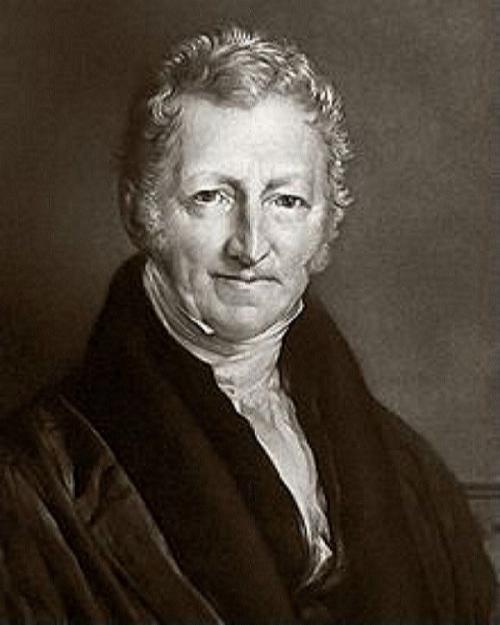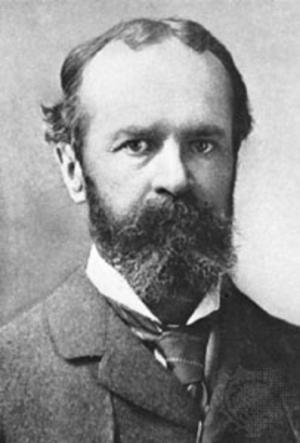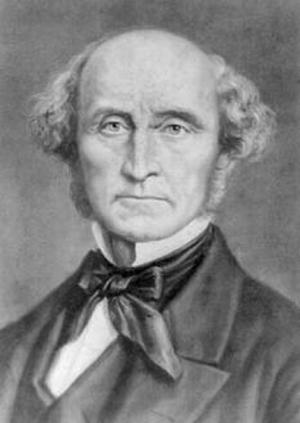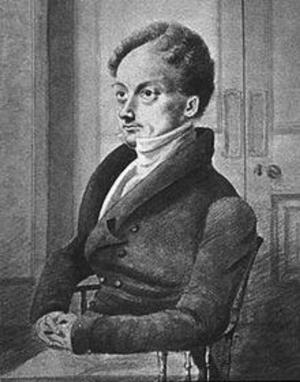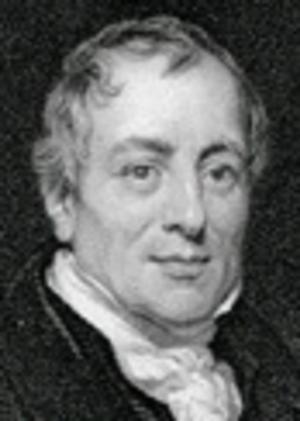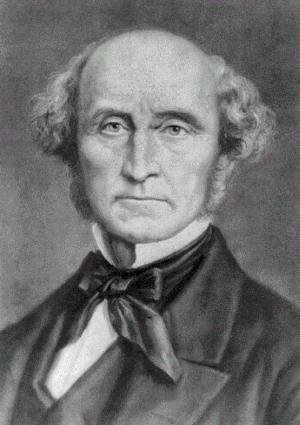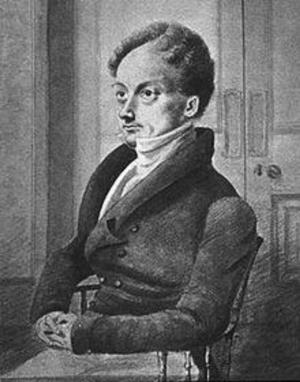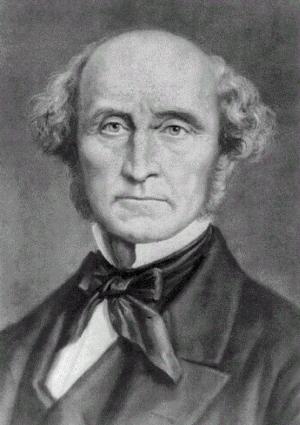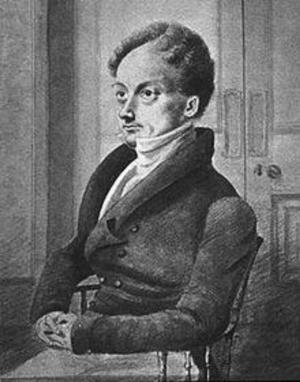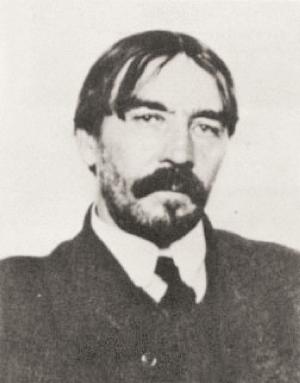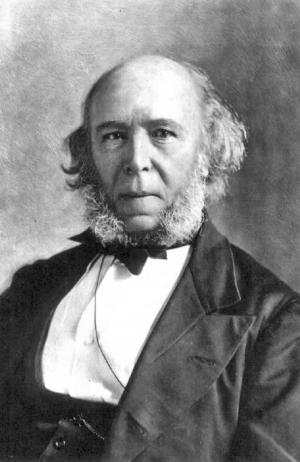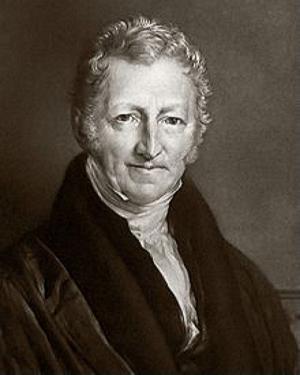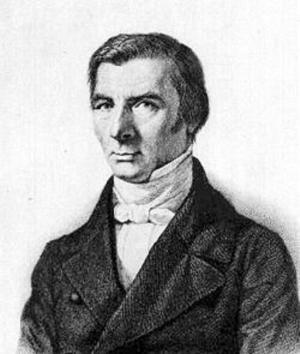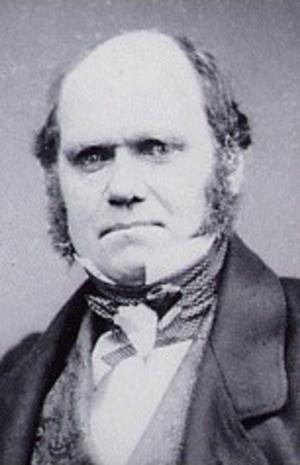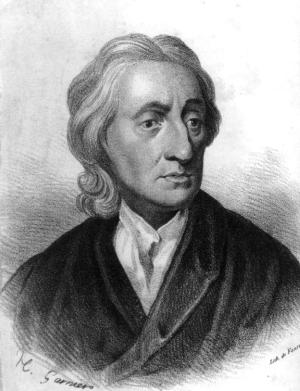Principles of Political Economy: Full Text of 1836 Edition (Illustrated)
Business & Finance, Economics, Macroeconomics, Theory of Economics| Author: | Thomas Malthus | ISBN: | 1230000271396 |
| Publisher: | AS Team | Publication: | September 30, 2014 |
| Imprint: | Language: | English |
| Author: | Thomas Malthus |
| ISBN: | 1230000271396 |
| Publisher: | AS Team |
| Publication: | September 30, 2014 |
| Imprint: | |
| Language: | English |
The book has an active table of contents for easy access to each chapter.
Thomas Robert Malthus was the founding father of population theory of classical economics and his most well-known work AN ESSAY ON THE PRINCIPLE OF POPULATION was initially published in 1798. Malthus was often misinterpreted, but his views became popular again in the 20th century with the advent of Keynesian economics.
Malthus made essential contributions to classical economics and he has been called the most influential classical economist along with Adam Smith, John Keynes, Karl Marx, and John Stuart Mill. John Keynes called him the "first of the Cambridge economists". In The General Theory of Employment, Interest and Money, Keynes praised Malthus's understanding of an economy's difficulties in maintaining full employment.
Malthus founded the population theory of classic economics. He told the world that population would increase in an exponential way. On the other hand, food supply could only increase to a certain point due to the limitation of land productivity and other factors. Are Malthus's ideas totally irrelevant today? Not at all. The fact remains that the world population keeps increasing, and will keep increasing.
Principles of Political Economy was a successful book by Thomas Robert Malthus to address the core economic problems that were quite opposite to David Ricardo and J. B. Say. The last chapter of the book was to challenge Say's law. Malthus in the final chapter of book argued that the economy could stagnate with a lack of effectual demand. In other words, wages if less than the total costs of production cannot purchase the total output of industry, causing prices to fall; price falls decrease incentives to invest, creating a downward spiral. Malthus’s argument appears to support that government stimulus has a ground.
Malthus and Ricardo also disagreed on economic method. Ricardo treated costs as the determinant of value where a single variable, labor, became the only significant one. Malthus insisted on incorporating Ricardo's cost analysis into a supply-and-demand framework. Malthus’s approach to address value question was two aspects. The first was an explanation of exchange value; the second, an explanation of the measure of value.
Malthus’s work also influenced Charles Darwin and John Keynes, two of the greatest thinkers. Charles Darwin pioneered evolution theory through his book On the Origin of Species and his theory influenced not only biology but also economics and sociology.
This is a must-read book for people who are also interested in the deepest thoughts and views about the core economic subjects such as population, supply & demand, employment, and government roles by Thomas Malthus, one of the greatest thinkers on the planet.
The book has an active table of contents for easy access to each chapter.
Thomas Robert Malthus was the founding father of population theory of classical economics and his most well-known work AN ESSAY ON THE PRINCIPLE OF POPULATION was initially published in 1798. Malthus was often misinterpreted, but his views became popular again in the 20th century with the advent of Keynesian economics.
Malthus made essential contributions to classical economics and he has been called the most influential classical economist along with Adam Smith, John Keynes, Karl Marx, and John Stuart Mill. John Keynes called him the "first of the Cambridge economists". In The General Theory of Employment, Interest and Money, Keynes praised Malthus's understanding of an economy's difficulties in maintaining full employment.
Malthus founded the population theory of classic economics. He told the world that population would increase in an exponential way. On the other hand, food supply could only increase to a certain point due to the limitation of land productivity and other factors. Are Malthus's ideas totally irrelevant today? Not at all. The fact remains that the world population keeps increasing, and will keep increasing.
Principles of Political Economy was a successful book by Thomas Robert Malthus to address the core economic problems that were quite opposite to David Ricardo and J. B. Say. The last chapter of the book was to challenge Say's law. Malthus in the final chapter of book argued that the economy could stagnate with a lack of effectual demand. In other words, wages if less than the total costs of production cannot purchase the total output of industry, causing prices to fall; price falls decrease incentives to invest, creating a downward spiral. Malthus’s argument appears to support that government stimulus has a ground.
Malthus and Ricardo also disagreed on economic method. Ricardo treated costs as the determinant of value where a single variable, labor, became the only significant one. Malthus insisted on incorporating Ricardo's cost analysis into a supply-and-demand framework. Malthus’s approach to address value question was two aspects. The first was an explanation of exchange value; the second, an explanation of the measure of value.
Malthus’s work also influenced Charles Darwin and John Keynes, two of the greatest thinkers. Charles Darwin pioneered evolution theory through his book On the Origin of Species and his theory influenced not only biology but also economics and sociology.
This is a must-read book for people who are also interested in the deepest thoughts and views about the core economic subjects such as population, supply & demand, employment, and government roles by Thomas Malthus, one of the greatest thinkers on the planet.
